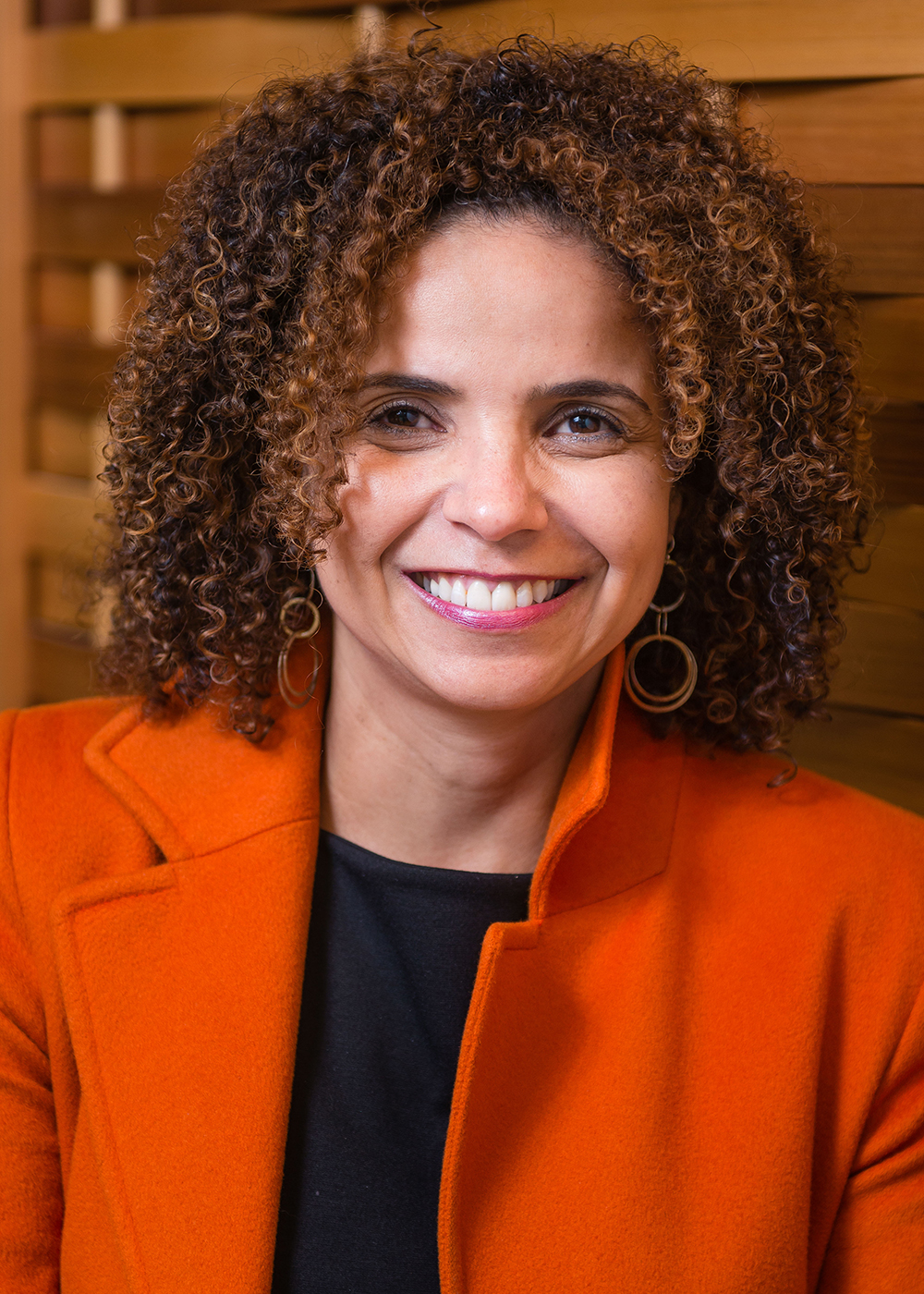No strangers to iSchool, Dr. Fatemeh Salehian Kia and Dr. Elizabeth Shaffer have actively been teaching and mentoring students in various capacities within the last few years. With this in mind, UBC iSchool is thrilled and grateful to welcome them into their new positions as Assistant Professors in Information Science and Archival Studies!


Her research at UBC employs a theoretical foundation to gain deeper insights into the learning processes, particularly in the context of increasing human interactions with virtual learning environments and the consequential accumulation of massive digital footprints. She utilizes innovative technologies and computational methods to identify and address undesirable patterns of learning behaviors on a large scale, thereby promoting more effective learning environments.
Prior to joining UBC iSchool, Fatemeh conducted research at renowned institutions such as UC Berkeley, the University of North Carolina at Chapel Hill, and the University of South Australia. She is also an affiliated researcher at the School of Information, University of Michigan, Ann Arbor.


A critical archives scholar, Dr. Elizabeth Shaffer investigates the intersections of race, gender, and digital infrastructures and technologies. Her research questions how information policy, practices and systems emerge and evolve in contemporary digital spaces, with particular attention to social justice issues, impacts of colonialism, anti/de-colonial research and pedagogies, and collections that document traumatic human events. Through critical enquiry, Elizabeth’s current research brings together Black Studies and archival research to understand memory production and archives as sites of contestation. She is the research lead for the archive team on the SSHRC funded Transformative Memory International Network research project engaging Indigenous, Black and Southern knowledges in exploring how memory as a mechanism is conceived, documented and practiced in the context of public policy and scholarship on mass atrocity.
Prior to joining the iSchool, she was Executive Director at the UBC Indian Residential School History and Dialogue Centre and led the development of its digital collections systems. As Director of Collections at the Vancouver Holocaust Education Centre, she oversaw initiatives focusing on the digitization, preservation, and educational use of Holocaust survivor testimonies and collections in support of anti-racism education and exhibition curation on issues of genocide.
Elizabeth lives, works and learns on the traditional, ancestral, and unceded territory of the xwməθkwəy̓əm (Musqueam), Skwxw.7mesh (Squamish), and Səl.[ lwətaʔ/Selilwitulh (Tsleil-Waututh) peoples.


